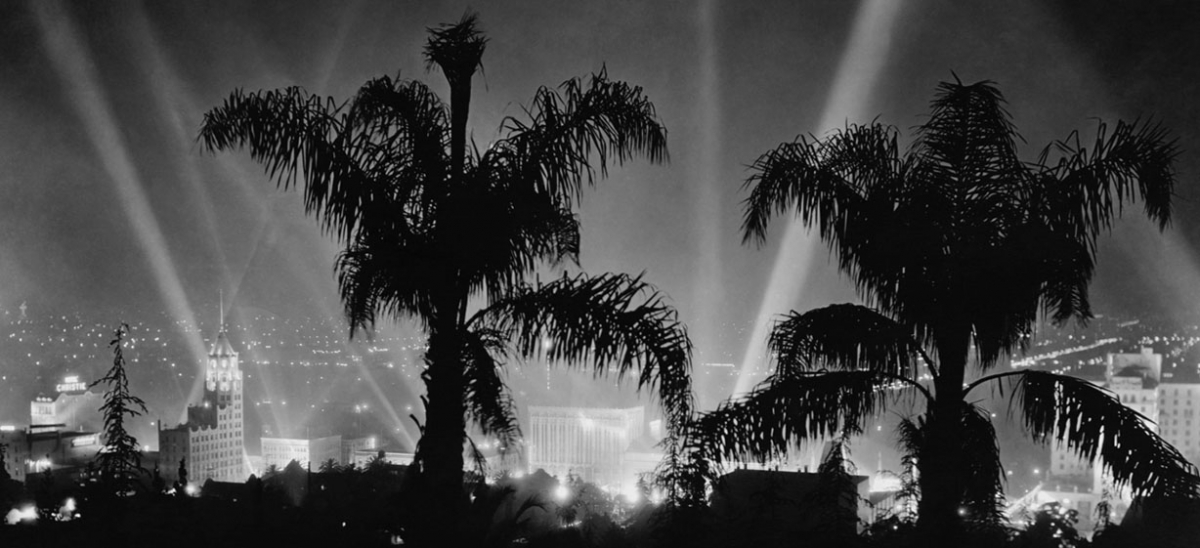
Stewart O’Nan’s novel “West of Sunset,” based on the final tragic years of F. Scott Fitzgerald in Hollywood, took some nerve to write. Would you like to get into the ring with one of the greatest figures in American literature and try to describe what’s going on in his alcoholic head and distressed heart? But O’Nan, a Pittsburgher with 14 novels under his belt, proves himself more than up to the task. Yet again, he illuminates the inner life of tormented souls just trying to make it in the world.
Venturing into that murky territory of what defines the Pittsburgh character, I am willing to say that, as a novelist, O’Nan deploys the virtues we ascribe to ourselves around here (on good days). In plain-spoken prose and a well-built narrative, along with compassion, humility and wit, he demystifies the anguish of literary genius and the glamour of celebrity. His Scott Fitzgerald is a working man with family problems, scrambling to find money to pay daughter Scottie’s tuition and support a mentally ill wife, Zelda, in an institution. The lure of Hollywood is to get a steady paycheck, not to imprint an immortal message on the world. The greats that Fitzgerald mingles with—Humphrey Bogart, Dorothy Parker, Robert Benchley, S.J. Perelman—are fellow working stiffs, clocking time at the “Iron Lung,” as their Metro-Goldwyn-Mayer building was known.
O’Nan follows the factual outlines of Fitzgerald’s life from 1937, when he made his second foray to Hollywood, to his death in December 1940 at the age of 44 from a heart attack. But “West of Sunset” is not a dreaded docudrama: It is a fully realized work of art, with the characters’ lives as raw material for O’Nan’s empathetic imagination.
Fitzgerald was a functioning drunk— rotating through dry spells, festive imbibing and reckless abandon—who tested the patience of most of his paymasters, bouncing from gig to gig. Whenever possible he would awake early and, fortified by Benzedrine and coffee, work on his fiction before reporting for duty at the studio. “He still needed to sell stories to pay the bills,” and “like an athlete, he had trained himself, day after day, and trusted that when he came to the arena he would naturally perform… When he was working, it worked. It was when he stopped that the world returned, and his problems with it, which was the reason he worked in the first place. He was a writer—all he wanted from this world were the makings of another truer to his heart.”
He and Zelda had been authentically famous in the Roaring ’20s as jet-setters given to international high jinks, fueled by the success of “This Side of Paradise,” his first novel. “The Great Gatsby,” published in 1925, was admired by people in the know, but did not sell so very well, and “Tender Is the Night” more or less tanked. The casual cruelty of curdled fame is on display as Fitzgerald returns to Hollywood with a zero’s welcome: “They had his pass waiting at the gate, or one for a Mr. Francis Fitzgerald. His last time on the lot he’d been a guest of the real boy wonder, Irving Thalberg, chauffeured around in his Rolls like a prized pet. Now that Thalberg was dead, and Metro’s best intentions with him, Francis Fitzgerald had to find his own parking spot.” For his used Ford coupe.
With Zelda under care in the North Carolina mental hospital, Fitzgerald embarks on a bachelor’s life in the Garden of Allah, a courtyard apartment complex on Sunset Boulevard where all the cool folk drink around the pool and spout witticisms. But within weeks, he is smitten: Sheilah Graham, a British-born Hollywood gossip columnist, waltzes into the Garden. She is the spitting image of a younger Zelda. The attraction is mutual, and she soon dumps her fiancé, the Marquess of Donegall, for a passionate and tumultuous relationship with Fitzgerald that anchors the story.
While “West of Sunset” does not attempt to imitate Fitzgerald’s style (except in letters the characters write), Sheilah Graham could have stepped out of one of his stories. Ambitious, studiously elegant and personally guarded—she keeps on her bra in bed—it turns out that “like everyone in Hollywood, she wasn’t who she claimed to be.” She was born Lily Sheil, the child of Ukrainian Jews, raised in a London orphanage. As a young showgirl, her paychecks went toward elocution lessons. America is where she remakes herself. In a telling moment at the end of a fight with an intoxicated Fitzgerald, she declares “I didn’t pull myself out of the gutter to waste my life on you.”
Though laden with debt, Fitzgerald travels regularly cross-country to see Zelda and his daughter, engineering vacations at familiar haunts that only serve to remind him of how far they had fallen: “It was a blow, he supposed, to admit they were no longer an amusing couple,” he thinks as they sit down to dinner at Club Kawama, a Cuban resort. In Virginia Beach, with Scottie making a rare joint visit, they might look like any other middle-class family, bickering about golf etiquette and introducing tension over body weight when the dessert menu appears. The illusion is shattered when Zelda goes on a rampage in the hotel and they all get kicked out.
As Fitzgerald declines in fits and spurts, the world is marching to war, step by step. Hitler takes over Austria, making a domestic drama he was working on “not merely tiresome but pointless as well.” The specter of Nazism is ever-present in an attaché from the German consulate in Los Angeles who exerts influence over Hollywood’s output. A film that carried Fitzgerald’s screenwriting credit, “Three Comrades,” from the Erich Maria Remarque novel about young German soldiers in the late 1920s, was sanitized of references to the Nazis’ rise (an episode detailed in a recent scholarly work, “The Collaboration: Hollywood’s Pact with Hitler”). His wrangles over the screenplay, mangled by hack writers and the caprices of execs, is a case study in “the vicissitudes of life at the studio, where so many hopes met abrupt, unhappy ends.”
Fitzgerald had a somewhat happier, if brief, experience working on “Gone With the Wind,” where he was brought in “to polish the previous polish” of the script, giving rise to a Pittsburgh reference that our hometown writer could not resist—the maniacal producer David O. Selznick constantly calling story conferences, “going over the last set of changes scene by scene, reading the dialogue out loud in his Yiddish-tinged Pittsburgh accent while chomping on a cigar.”
The New York Times review of O’Nan’s “Emily, Alone,” the 2011 novel set in Pittsburgh, described a theme of his work as “the fragmented and solitary nature of contemporary American life.” The phrase cannot be improved upon. In “West of Sunset,” Stewart O’Nan burrows into the loneliness of a great American artist who once lived large in public and remained true to himself, writing what might have been his best novel, “The Love of the Last Tycoon,” while stitching together an existence in Tinseltown.
For a writer so given to success, O’Nan sure has a keen understanding of failure. “Somewhere in this latest humiliation there was a lesson in self-reliance,” he writes about Fitzgerald’s notorious drunken weekend at Dartmouth to research “Winter Carnival,” which got him kicked off the film. “He’d failed so completely that he’d become his own man again.”




